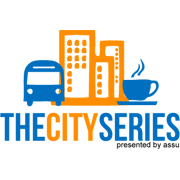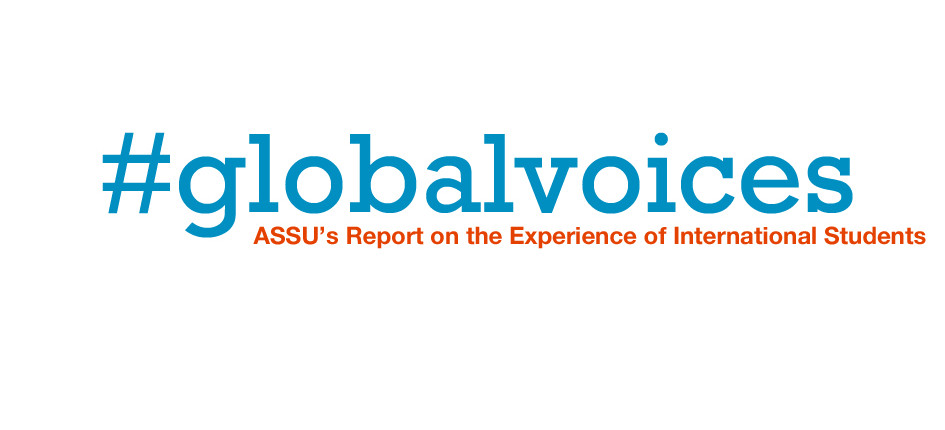Nicholas Grant
No statement submitted.
Stephanie Lim
My name is Stephanie Lim and I am a third year student pursuing a double major in Peace, Conflict and Justice Studies and Contemporary Asian Studies. I currently serve on the Contemporary Asian Studies Student Union in an executive capacity. In this capacity, I have become well acquainted with the functions and responsibilities of a course union; as well as the symbiotic relationship between ASSU and the course unions. If elected, I intend to work to further ameliorate this relationship, as well as that between ASSU and the greater U of T administration. Another initiative I hope to focus on this year is improving the first-year U of T experience.
The first-year at U of T can be an incredibly academically and socially period; however, with the proper support it can also be extremely rewarding and an opportunity for personal growth. In order to provide this support for first-year students I hope to pursue several initiatives at the beginning of the year such as:
· Creating a pamphlet with study-tips and information on fairly unknown but useful academic and personal resources available on campus
· Hosting a panel breaking down U of T governing structures and how first-year students can become more involved
· Host first-year specific mixers and events
In addition to these initiatives, if elected I’d also like to:
· increase funding to course unions
· streamline the process for applying for funding
· continue hosting fun stress-relieving events with refreshments
Alexander Verman
As a wise father figure of mine said “I’ll be there for you, I will care for you.”
That father figure was Drake, and it’s one I share; champagnepapi meets UofTpapi. I’m here to take care of students.
Writing for The Varsity for years, I’m tired of watching people politicking instead of working for their constituents. What I want is to help, by improving the daily academic lives of Arts and Science students at UofT.
That means making information about our classes accessible. I’d require course dropping dates and criteria on the first page of all syllabi, and for independent studies to produce a syllabus-like document that outlines expectations on student and staff participants, so no one ends up stressing over a class they didn’t want. I aim to secure administration funding for a physical anti-calendar for years to come, and to work with course unions to make our support easy to navigate for even the most sleep-deprived. I hope to begin developing a central UofT grad school service, where ASSU can work with and push the administration to develop a single site through which we can learn about and apply to graduate programs at UofT.
Lastly, I want to enhance ASSU events, advocacy, and accountability, drawing on my experience with the Association of Political Science Students executive, Jewish organizations on campus and the BDS coalition.
I know that this faculty can be tough to navigate alone; vote for a UofTpapi who’s here to take care of you.






